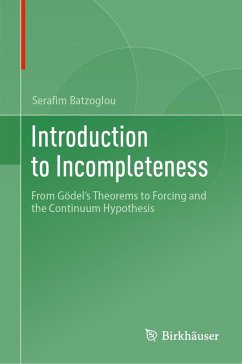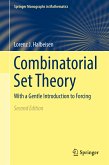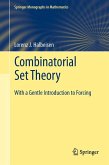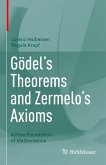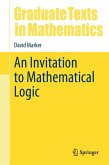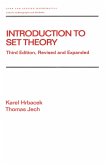Structurally, the book efficiently examines key results and arrives at some of the most interesting concepts as quickly as possible. It begins with Gödel's incompleteness theorems before continuing on to challenging concepts in the arithmetized completeness theorem, the Paris-Harrington theorem, and the independence of the continuum hypothesis. Other topics covered include the Lucas-Penrose arguments, ordinals and cardinals, and axiomatic set theory. Additionally, the author's coverage of forcing is a notable addition to the existing literature.
Introduction to Incompleteness will be of interest to researchers, students, and instructors looking for a resource to teach this topic. It may also be suitable for self-study. Knowledge of undergraduate-level theoretical mathematics or computer science is required, as well as a familiarity with abstract proofs.
Dieser Download kann aus rechtlichen Gründen nur mit Rechnungsadresse in A, B, BG, CY, CZ, D, DK, EW, E, FIN, F, GR, HR, H, IRL, I, LT, L, LR, M, NL, PL, P, R, S, SLO, SK ausgeliefert werden.

